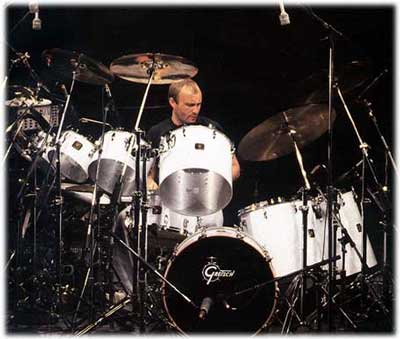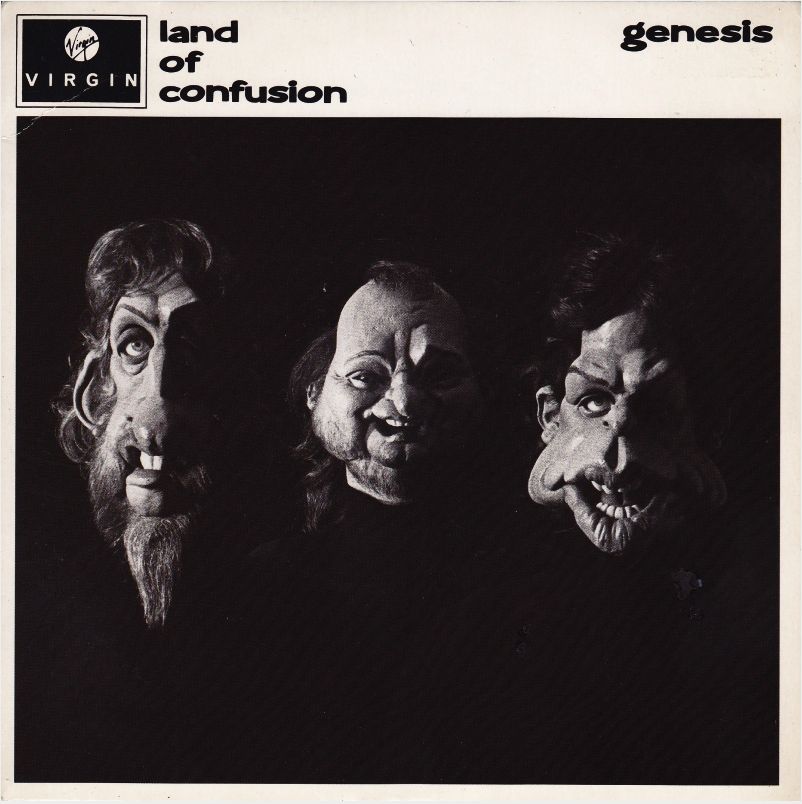The Rockologist: All Strawbed Out In The Seventies -- And Again Today
It was with considerable excitement that I recently learned that the classic lineup of the Strawbs -- one of my favorite bands from the seventies prog-rock era -- would be heading out on tour this summer. You may recall me writing a bit about the Strawbs in a previous Rockologist column, where I talked about some of my favorite bands from those years who remain largely unknown or forgotten today.
Late last year, the Strawbs celebrated their twenty fifth anniversary as a band by releasing A Taste Of Strawbs, a massive four disc box set containing over five hours of Strawbs music. For those lucky enough to get their hands on one of the first thousand sets pressed, there is also a fifth disc containing rarities.
The Strawbs started out in the sixties as The Strawberry Hill Boys, a mostly acoustic english folk group in the same tradition as such brit-folkies as Fairport Convention and Pentangle. However, by the seventies they had morphed into the more electric prog-rock oriented outfit the world came to know as The Strawbs.
The Strawbs songs back then -- mostly written by the group's creative leader David Cousins -- were often characterized by Cousins distinctly British, yet often gloomy world view. Consider for example, these decidedly apocalyptic lyrics, from the title track of the album Grave New World:
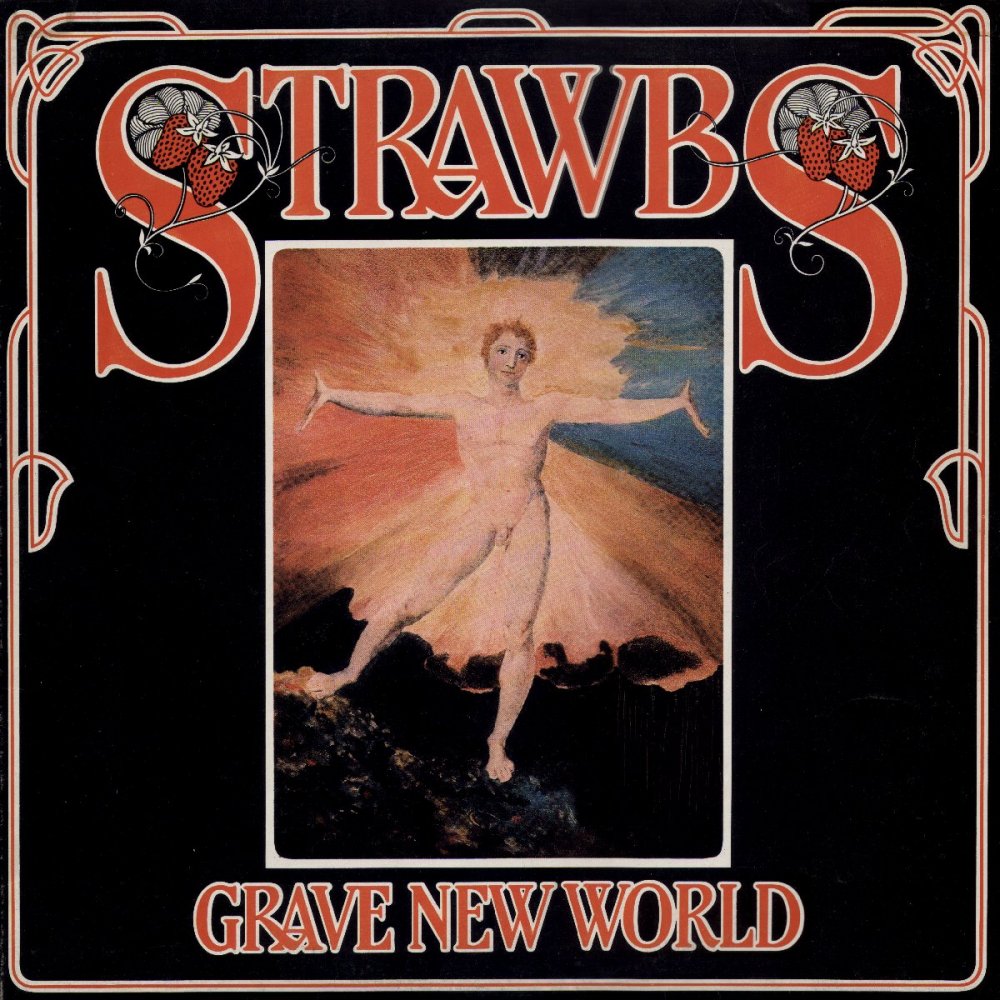 "There is hate in your eyes,
"There is hate in your eyes,
I have seen it before.
Planning destruction behind the locked door,
Were you the coward who fired the last shot?
May you rot.
May you rot.
May you rot,
in your grave,
new world.
There is death in the air,
with the lights growing dim.
As those who survive,
sing a desperate hymn.
Pray that God grants you one final request,
May you rest.
May you rest.
May you rest,
in your grave,
new world."I mean holy armageddon, right? Somebody get this guy a chill-pill quick.
But beyond all the gloom and doom of some of Cousin's lyrics (and in fairness, not all of his songs were that dark), many of the Strawbs songs were absolutely drenched in washes of choir-like vocals created by an instrument called the mellotron. A keyboard instrument that serves mainly to synthesize symphonic sounding things like strings and voices, today the mellotron has -- sadly, in my opinion -- mostly gone the way of that other staple of sixties and seventies rock, the wah-wah pedal.

Since keyboards, and the mellotron in particular, were central to the Strawbs sound, the band went through keyboard players like Spinal Tap goes through drummers. Some of the band's more celebrated alumni include Rick Wakeman, who went on to join Yes; and Blue Weaver who would tickle the ivories for the Bee Gees during the Saturday Night Fever years.
But it was neither of these guys who manned the keys in what I consider to be the classic lineup of the Strawbs. That man was John Hawken, and he is back touring this summer with that same lineup who produced such albums as the classic Hero And Heroine. That lineup also includes Cousins; guitarist/vocalist Dave Lambert; bassist Chas Cronk; and drummer Rod Coombes.
So the Strawbs never sold all that many records -- at least not here in America. But they did have a few modest hits in the mid-seventies with the classic lineup and albums like Grave New World, Ghosts, and the great Hero And Heroine. They also enjoyed a very devoted cult following--mostly consisting of geeky, music obsessed record store jockeys like me.

Back in the seventies, I used to join one of my fellow record store geeks and a few other friends about once a month in his studio apartment (conveniently located just above the record store where we both worked) for what we affectionately called our "Strawb-outs."
During these Friday night events, we would basically sit around this guy's apartment, consume ungodly amounts of booze, and smoke equally copious quantities of marijuana. With our attitudes appropriately adjusted, we would then dig deep into the music of the Strawbs, and other prog-rock acts of the day like Genesis, Yes, and Renaissance.
During these pseudo-intellectual "Strawb-outs", we would get into lengthy conversations about the "depth" of these records. Was it basically a lot of stoner bullshit going on in that apartment? Sure. But to this day, I have very fond memories of those "Strawb-outs."
The first and only time I saw the Strawbs live they shared a bill with Gentle Giant, who were another prog-rock band of the day with an extremely devoted cult following. Now despite the fact that both bands fell under the banner of so-called "progressive rock," musically they couldn't be further apart. Gentle Giant's specialty was blinding displays of dizzying technoflash, mostly played in complex time signatures at the rate of thousands of notes per second.

In a live setting, the more subtle and nuanced flourishes of the Strawbs were simply no match for the technical bombast of Gentle Giant. The crowd that night basically ate the Strawbs alive. It was one of the few times that I remember where I actually felt sorry for the band I was watching. Unfortunately, I won't be getting a second chance to see these guys this summer, as the Strawbs are only doing a handful of dates--none of which are anywhere near the West Coast where I live.
In the meantime, I'll just have to make due with A Taste Of Strawbs, this absolutely marvelous boxed set they've put out. As complete as this box set is -- and wading through all five hours here will be a challenge to digest even for an old fan like me -- they did miss a few key tracks here. I'd have loved to see the "Autumn" suite, and "Lay A Little Light On Me" from Hero And Heroine for example. The latter track ends with the coolest droning guitar riff this side of the Beatles "I Want You (She's So Heavy)."
The original version of "Down By The Sea" from Bursting At The Seams is also a glaring omission, although they do include a lovely live version on the bonus disc, where those old mellotron voices are faithfully recreated front and center. Speaking of live, there are several other great live tracks here, including the title track of Hero And Heroine.
Anyway, they didn't miss much here. The band's entire musical legacy, from the early folkie influences through their proggier stuff is all meticulously covered on these five discs. Most of the great songs from Hero And Heroine like "Shine On Silver Sun" and "Round & Round" are here in never before heard alternate versions.
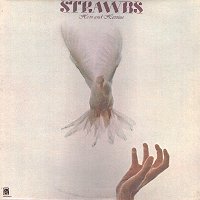
The best stuff from Grave New World and Ghosts, including the great title tracks from each of those records are also here. The remastered recordings also reveal multiple new dimensions to these songs. For example, in what is apparently an alternate take of "New World," the mix brings out the fire in Cousins' voice like never before. The mellotron generated strings, and the guitars are also a lot crisper.
In all, there are 73 tracks here. 66 of these are previously unreleased, and 12 of them have never been heard before. The box also comes with one of the most complete booklets I've ever seen. Besides the tons of rare photos and memorabilia here, the band's history is gone over without leaving out a single detail. Honestly, this thing reads more like a scholarly history paper than the sort of fluff you normally find in these box sets.
Here are the Strawbs summer tour dates:
June 21 The German House, Rochester, NY
June 22 The Regent Theatre, Arlington, MA
June 23 Towne Crier, Pawling, NY
June 24 Sellersville Theater, Sellersville, PA
June 25 Stephen Talkhouse, Amagansett, NY
June 26 The Strand, Lakewood, NJ
June 27 BB Kings, Manhattan
June 30,
July 1 The Stan Rogers Folk Festival, Canso, Nova Scotia
July 3, 4 Hugh's Room, Toronto Ontario
July 5 Centre In The Square, Kitchener, Ontario
 Captain America is dead.
Captain America is dead.











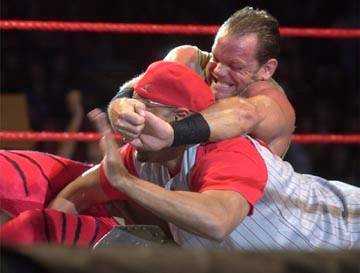





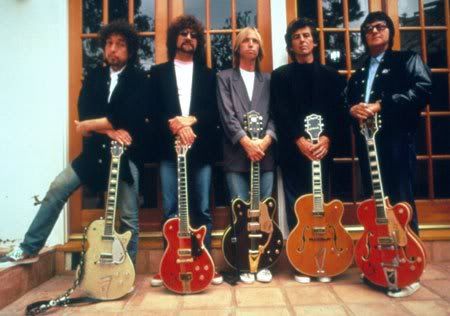
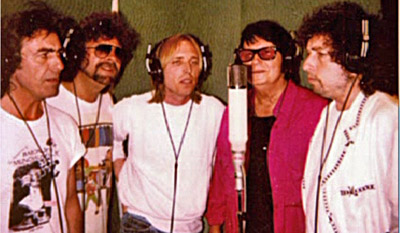










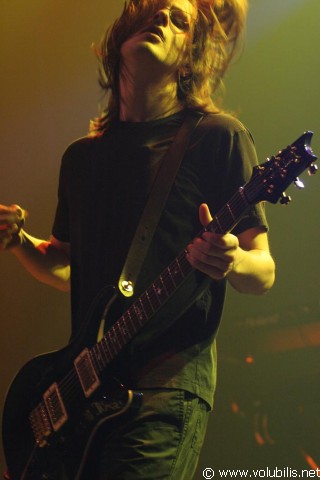

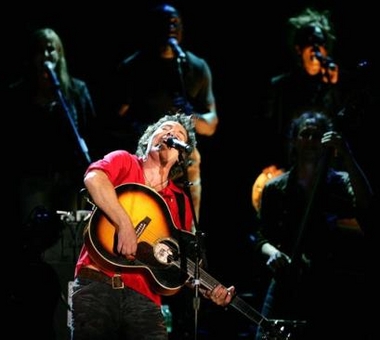
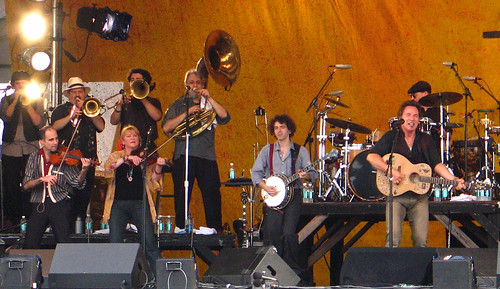


 Live In Dublin really does need to be seen as well as heard.
Live In Dublin really does need to be seen as well as heard. 






